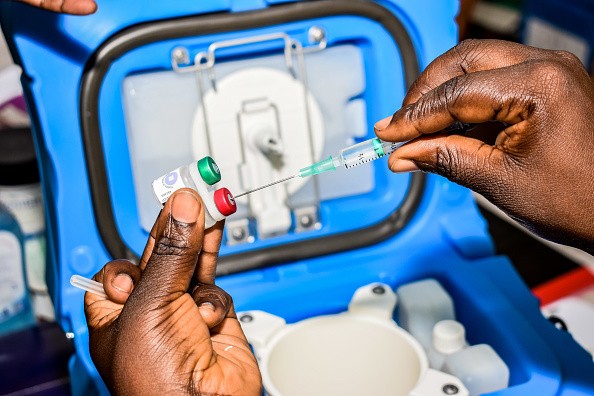Climate change has been blamed for different environmental disasters, including droughts, hotter temperatures, changing weather patterns, and the warming of oceans.
These are some of the worst effects of climate change being aggravated by human-made activities.

A new study showed that climate change could also affect the behavior of mosquitos, pointung out that it could affect initiatives to address the issue of Malaria in South Africa.
Malaria cases
The World Health Organization (WHO) said Malaria is considered a life-threatening disease.
The report noted that the parasites manage to be transmitted to individuals. The transmission could be from bites.
WHO added that over 241 million Malaria cases were recorded worldwide in 2020, while deaths reached 627,000.
Furthermore, the WHO explained the African region accounted for 95% of malaria cases and 96% of deaths, with children also suffering from the disease.
Climate change and effective disease control
The report was published on the Phys.org website.
The article explained how climate change could impact mosquito behavior and patterns.
Climate change has been a reason for changing the climate, weather, and rainfall land temperatures. With the climatic factors changing, the research explained that it would be difficult to effective insect-borne disease control.
With the threat expected to increase by 2035, malaria risks could grow as it is known to be happy in temperatures of 17⁰C and 35⁰C.
The report noted that South Africa records cases of Malaria in Limpopo (62% local cases), Mpumalanga, and KwaZulu-Natal (6%).
What is alarming is how the temperatures in South Africa have increased in the past 50 years. The report explained that the increase was unusual and faster than expected.
In the Southern Africa region, the report observed that the area experience less cool days and more frequent extreme and challenging weather.
As mosquitos love warm to hot temperatures, warmer weather could be helpful for them to grow and infect vector-borne diseases.
Conversely, increasing rainfall could help boost the number of mosquito breeding areas.
While the article noted the direct impact of climate change on mosquito behavior, the report said the unclear transmission of Malaria.
Researchers are now investigating how climate change could impact the cases of Malaria.
The researchers are looking into how climate change could affect the initiatives to end Malaria. They showed important things to consider in the relationship between the two:
- The researcher said the vector could grow faster as the temperatures warm up, noting mosquitos like warm temperatures.
- It also shows that the mosquito could bite and infect more people due to increased breeding.
- With the weather or climate becoming warmer, the report noted that mosquitos could penetrate or invade previously unsuitable areas.
Ultimately, the researchers emphasized that there was more to be done.
The researcher suggested the importance of targeted surveillance in malaria areas that could observe malaria transmission in different microclimates.
The WHO added that some of the symptoms of Malaria are fever, chills, and headache, appearing 10 to 15 days after being infected, further explaining the importance of immediate medical attention once infected with Malaria.
Related Article : WHO Raises Concerns For Potential Wave of Diseases in Flood-Affected Areas in Pakistan
For more similar, don't forget to follow Nature World News.
© 2026 NatureWorldNews.com All rights reserved. Do not reproduce without permission.





